Wildlife heroes saving our Wombats
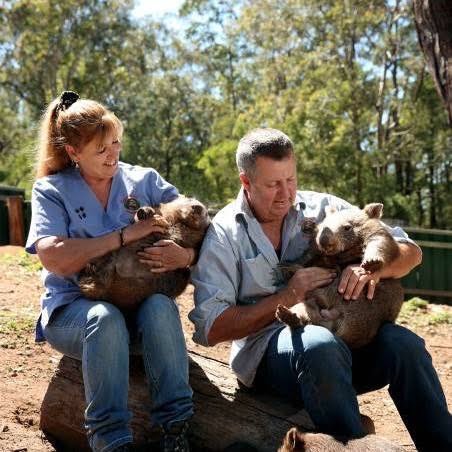
Did you know we have the only dedicated wombat hospital in Australia right here in the Hunter?
Despite being the closest living relative to the koala, there is surprisingly little publicity about the plight of the wombat. There are 3 species – the bare-nosed (aka common), southern hairy-nosed and northern hairy-nosed. In Queensland, the northern hairy-nosed (Lasiorhinus krefftii) wombat has recently been brought back from the brink of extinction with numbers having steadily increased to around 315 individuals after decades of conservation efforts.
However, over 40 years ago, Roz and Kev Holme began to notice that many so-called ‘common’ wombats (Vombatus ursinus), found in coastal and high-country areas in south-east Australia, were falling victim to roads, habitat destruction and a disease called mange. Roz and Kev now run Australia’s only dedicated Wombat Hospital.
Cedar Creek Wombat Rescue and Wildlife Refuge initially started with the support of Australian Geographic and is dedicated to rescuing orphaned joey wombats, sub-adults as well as adults in need of medical care from fires, floods, broken bones and mange. Roz, a vet nurse, had studied techniques in treating sarcoptic mange. It started with a few calls from locals reporting suspected mange with Roz or Kev travelling many kilometres far and wide to rescue sick and injured wombats, treating as many as they could. Animals that would otherwise have perished if left untreated are now given a chance to recover and survive to help maintain the population in the Hunter region and beyond.

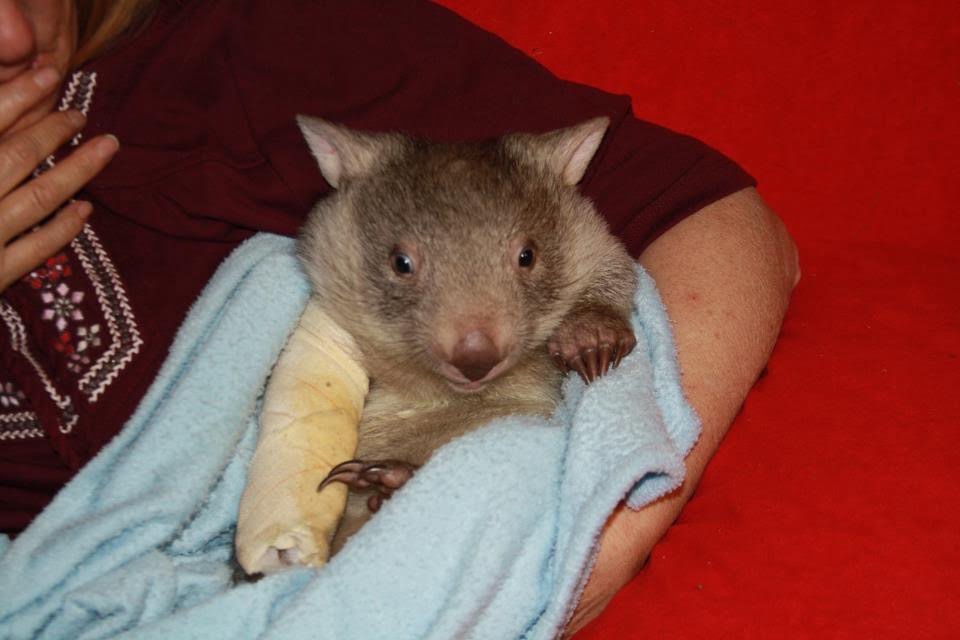

In the past, few people would attempt to rehabilitate any wombat that was heavier than about 10kg, finding them too difficult to handle. But at Cedar Creek, many adult wombats have been successfully treated for vehicular trauma, dog attack or mange and released back into their home range. Check out some of the amazing success stories and more emotive photographs on their webpage!
In this year’s Australia Day Honours List, Roz was awarded with an OAM for service to wildlife conservation. Such a worthy recipient, yet Roz’s surprise and excitement over this well-deserved accolade just shows what an amazing and modest person she is. In 2015, she had been awarded a Pride of Australia Medal for Volunteer of the Year for the Environment.
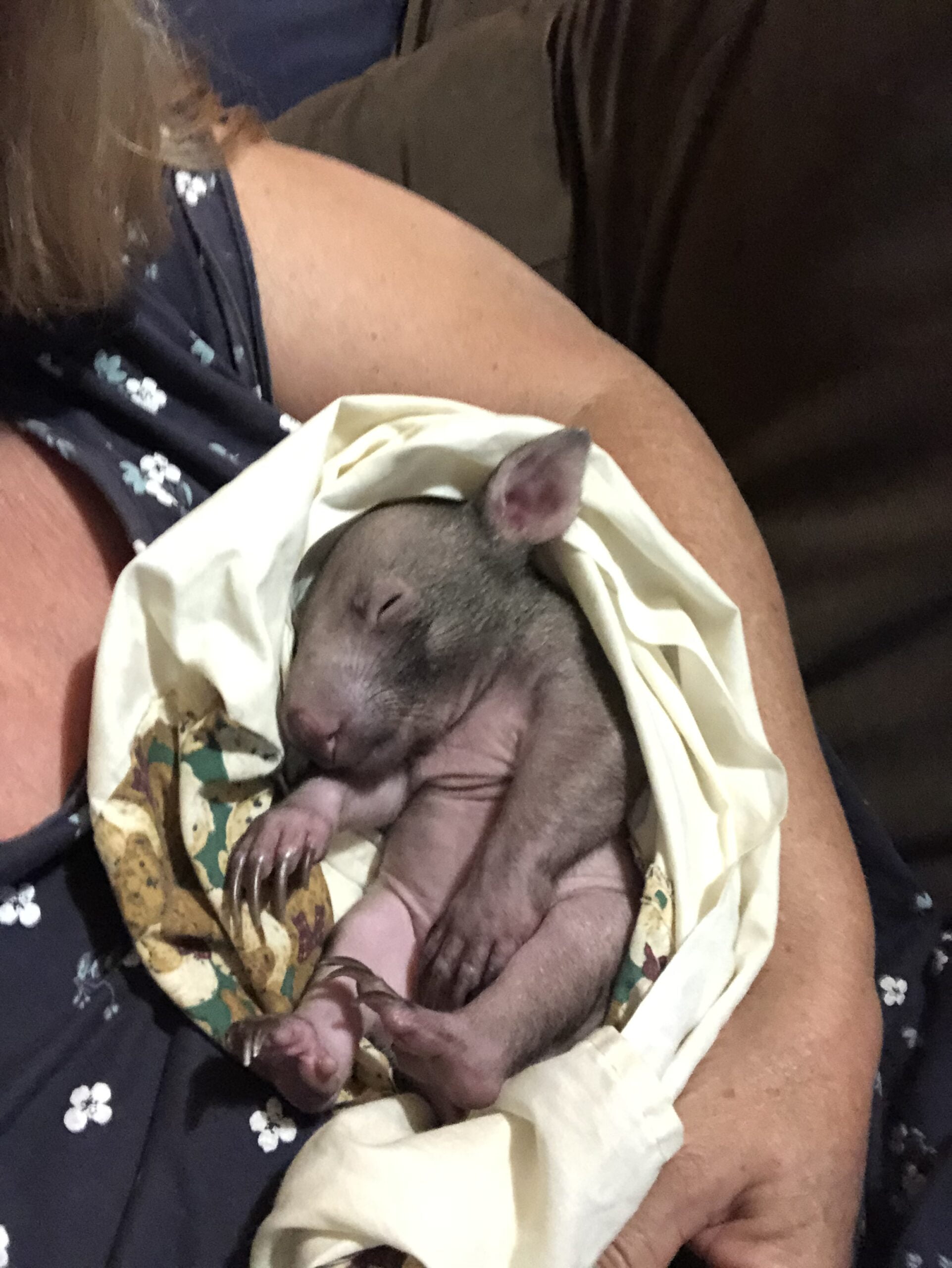
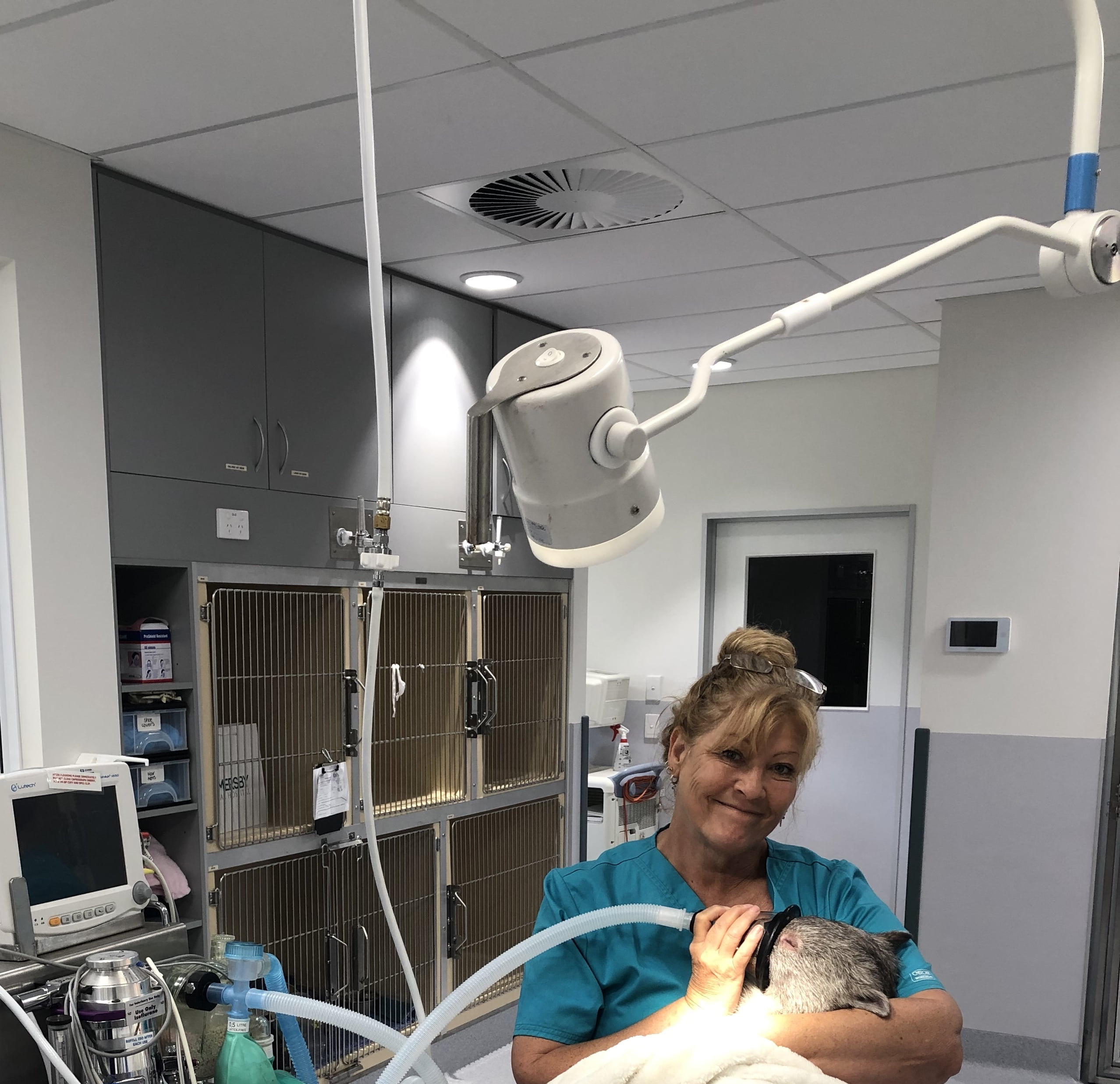

How you can help wombats
- Drive slowly through areas where wombats and other wildlife live, especially at dusk and dawn when many native animals are most active.
- If you see a wombat during the day, it may have mange. Get a photo and report the location to Cedar Creek Wombat Rescue. In winter they may be just warming up in the sun, generally near their burrow. Cedar Creek are currently getting lots of calls about wombats with mange – so please report any suspected cases. Phone 0429 482 551.
- Join a working bee at Cedar Creek Wombat Rescue and Wildlife Refuge which has been badly affected by the wet weather. They need help to fix fences and improve track accessibility.
- Donate a few dollars or more by direct debit or PayPal. Donations are used to provide milk and other feeds as well as purchasing medical supplies and equipment for the hospital and treating wombats in the field. Don’t delay, donate today!
- For more information about the hospital, look up the website and if you have any questions, contact Roz and Kev by email
- Spread the word about the hospital through social media and share with your friends and family. Check their instagram or facebook page to meet some of the current residents and get the latest updates.
The hospital intensive care unit is currently full and more pens need to be built to accommodate new arrivals. This costs a lot of money and with no government funding, Roz and Kev have to work to buy medical supplies to keep the hospital adequately stocked. Why not support them through fundraising ideas in your community or school? They can provide lots of cute photos of wombats to assist with this!
Cedar Creek Wombat Rescue Inc is a not for profit organisation that is recognised as a charity by the Australian Charities and Not-for-profits Commission. It is operated solely on donations.
